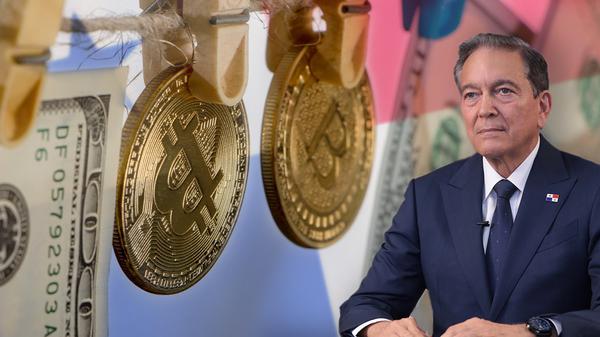Panama’s president has refused to sign new crypto laws into effect, citing the necessity for tougher anti-money laundering (AML) compliance procedures.
The bill, which focused on issuing licenses to crypto exchanges and regulating transactions, was enacted by the country’s legislative assembly. The bill, according to President Laurentino Cortizo, demands stricter anti-money laundering safeguards for cryptocurrency.
In Panama City, President Cotizo spoke at the Bloomberg New Economy Gateway Latin America conference about his stance on the law. He is not anti-crypto but insists that the market follows worldwide anti-money laundering regulations.
“If I’m going to answer you right now with the information that I have, which is not enough, I will not sign that law. I have to be very careful if the law has clauses related to money laundering activities. Anti-money laundering activities are very important to us.”

One legislator even proposed legislation to make bitcoin an official tender, but the proposal never materialized. Instead, the national assembly passed a crypto law that allows people to pay for various goods and services using digital assets. To further legitimate the process, it aims to develop an official digital wallet.
Lawmakers are going all-in on crypto regulations
Panama has joined a growing list of governments interested in implementing cryptocurrency and blockchain technology. El Salvador is at the top of the list, despite the fact that the results of its efforts have been uneven.
The Central African Republic recently made bitcoin legal tender, prompting the International Monetary Fund (IMF) to warn that the measure carried economic risks.
Other countries have expressed interest in using blockchain technology and digital assets to boost their economy, but they are hesitant to make bitcoin official tender.
Instead, they’re attempting to create a medium ground that allows for the limited use of digital assets or blockchain technology, which should benefit the market. Even if current prices may not reflect it, the market is expected to grow this year.
The whole market has been in a bloodbath for the past week. The rate of recovery is currently slow but might soon catch up.




